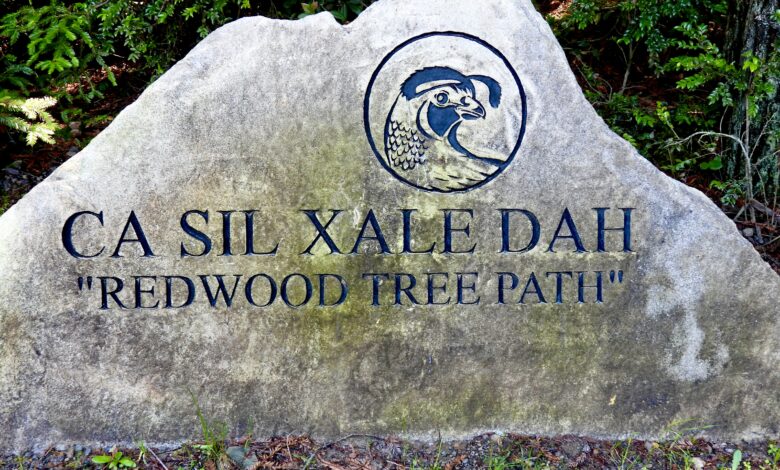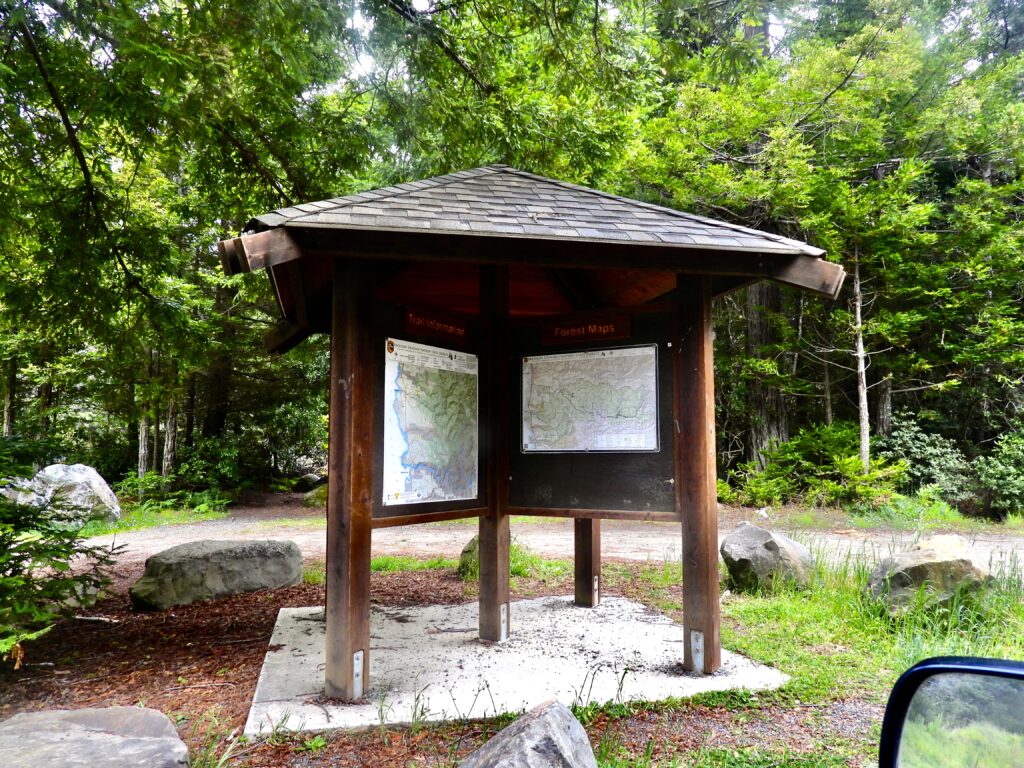Letter to the Editor- If they didn’t want the water, why did they ask for it? Ettelson responds to Mendocinocoast.news article on Cal Fire water rights application being canceled in Caspar Forest

Richard is responding to: Who has the rights to our local rivers and streams? Cal Fire water rights canceled in the JDSF, other water sources being expanded – Mendocino Coast .News
Dear Editor:
On July 14, 2025 the California Water Resources Board canceled two water-right applications filed by the Jackson Demonstration State Forest (JDSF) to appropriate water from the Noyo River, Big River, Caspar Creek, and Hare Creek. Six formal protests, including the City of Fort Bragg and the California Department of Fish and Wildlife, were filed to stop the JDSF applications because of public health and safety concerns, negative environmental impacts, and legal issues.
We are all reliant on a dependable water supply. Tributaries to The Noyo River and Hare Creek are major water sources for the city of Fort Bragg. These tributaries are on 2 of the 4 named sources in the water diversion permit application. The JDSF has a history of abusing the water resource. For example, after 3-years of drought conditions, Fort Bragg declared a “Water Emergency,” and even with State Water Board cooperation in opening a desalination plant the city was compelled to truck in water from Ukiah. Disregarding these severe conditions, the JDSF continued their water diversion program with no interruption, indifferent to how their actions can impact the public health and safety of neighboring communities. Their narrow priority is timber management on the JDSF, but the State Water Resources Board has a wider public trust responsibility since we all share the same water supply.
It’s understood that water for dust abatement is a required feature in timber harvesting, but siting the water sources are not required to be located in the same immediate vicinity where it’s sprayed on the roads. Transporting water does have a cost, but so does jeopardizing coho salmon habitat. Providing water at the cheapest cost so private timber harvest contractors can maximize their profits is not a JDSF responsibility. These private timber contractors have access to many other off-site alternative surface and groundwater sources that can be brought in from other places. There are alternatives to withdrawing water from identified coho salmon habitat in order for the JDSF to proceed with their timber harvest proposals.
The Noyo River and Big River have both been placed on the Clean Water Act Section 303(d) list as impaired water quality conditions due to excessive sediment loading. The JDSF manages a significant portion of both watersheds and their timber harvests and road projects are a significant source of sediments pouring into both rivers. Coho salmon populations on the JDSF have been declining for many years and to some extent, the JDSF bears some responsibility for the current situation. The ongoing viability of salmon in the Noyo and Big River can be better protected by avoiding additional burdens rather than introducing new risks that mitigations can only partially address.
California’s commercial salmon season has now been closed for an unprecedented third year in a row because of deteriorating conditions in the waterways where the fish spawn each year. The priority should be to save this endangered species from extinction, not slow its disappearance from the landscape. The trees will still be there for the cutting once this endangered species recovers.
There are economic values to cashing in the timber resource, but there are also unstated liabilities paid by the Fort Bragg fishing fleet. The salmon fishery is in a precarious state and JDSF management of their soil and water resources are partially responsible although they think they’re doing a good job. An assessment from the salmon’s perspective, if you can find any to ask, concerning adverse impacts would probably lead to a different conclusion.
I appreciate that the JDSF has now recognized that diverting water from area streams has: “the potential to impact aquatic environments.” So why did they file the two water-right applications? Are they just now responding with a sour grapes argument that because their applications were canceled, they didn’t need it anyway? Or did they just want to see what they could get away with since it was too much trouble to do the right thing in the first place?
Timber harvesting on state public lands has been the JDSF mission for the last 76-years. Even with mitigating measures in place this has caused direct and indirect cumulative impacts on our dwindling water resources that our community depends on. Diminishing our collective water resource in Mendocino County to facilitate cutting down our redwood forest on public land has never been a good idea.
-Richard Ettelson, Mendocino CA.

